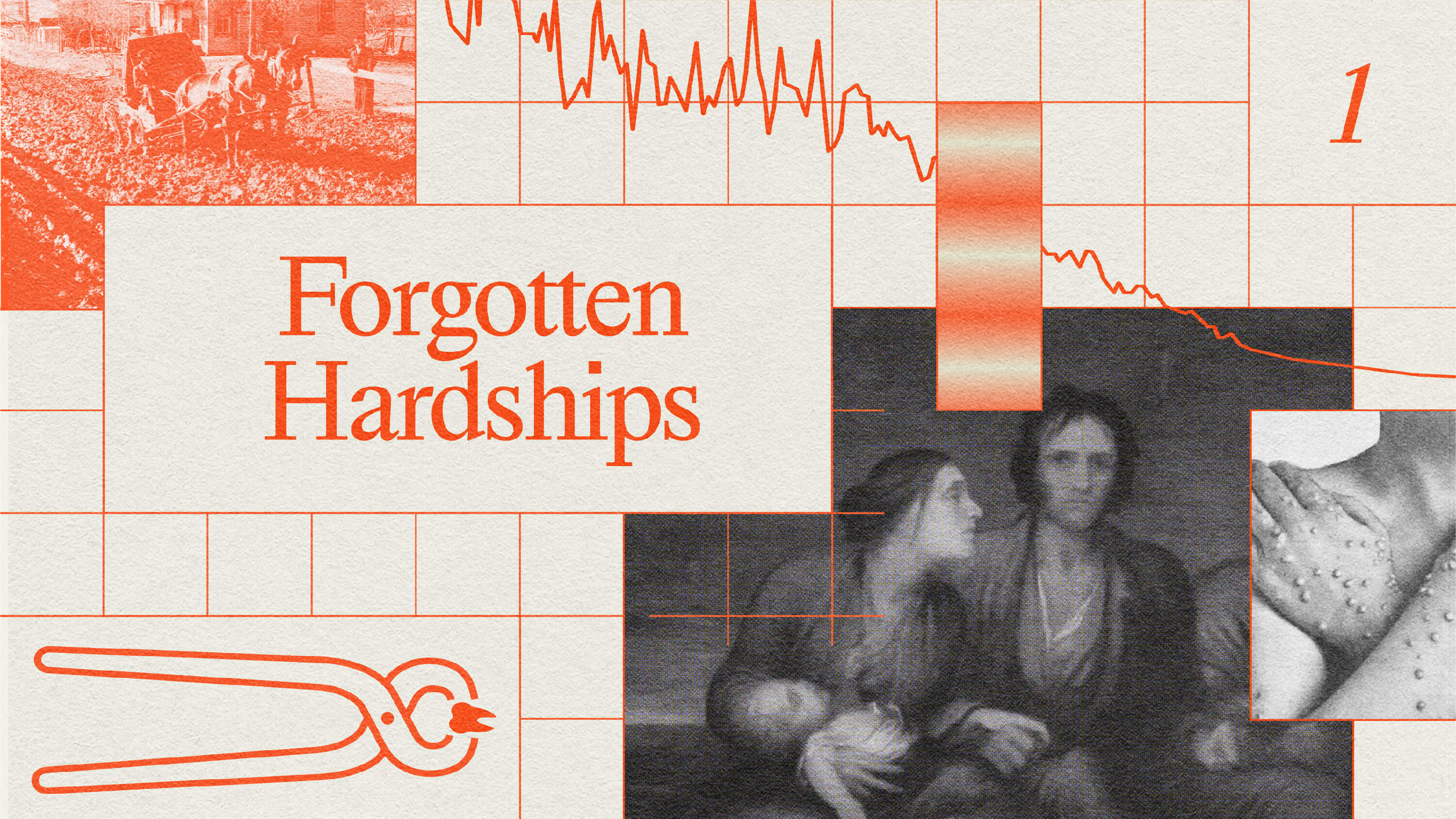Going to an all-white school in east Texas made Annette Gordon-Reed aware of race from an early age.
Question: Were your parents protesting when they decided to send you to a white school?
Gordon-Reed: Well, not actually protesting, they decided when the school district came up with this sort of plan for desegregation efforts so called freedom of choice plan were white was supposed to choose white schools and blacks to choose black schools, they decided to send me to the white school instead of choosing the neighborhood black school. So, they were not protestors in the sense that they were out, you know, doing anything. As a matter of fact, the agreement was that my parents would not, you know, make a big deal about it and the school district wouldn’t make a big deal about it and I would just go and everything would be as normal as possible under the circumstances. I was there by myself. It was pretty tough at first. There were people who sort of went out of their way kids, you know, how kids are. Anybody who’s different in a way in a lot of times, there’s some kids who fixate on that, but there were a few who, I guess, whose parents told them, you know, to make sure that they play with me, but by far it was a very tough situation. The teachers were fine. They were wonderful, but it was a very tense moment. My mother said at one point that I broke out in hives. I don’t remember that but it was certainly a stress reaction I think to what was going on.
Question: How did you schooling inform your perspective as a historian?
Gordon-Reed: Well, I think it made me think at a very early age about race. I think lots of black people in the South during that time period did, this is in the mid-60s, thought about race but I was very conscious of there being some sort of movement in the world. That something was changing in the world because I was at the school and I was sort of on display. Delegations of people would come by and stand in the doorway and sort of look inside to see this, you know, big experiment, you know, this one black person in the roomful of white. So, I had a sense of… Well, mission is to messianic but a sense that there was a purpose and that black people were going somewhere, I mean, from a very early age that there was some place to go. That there was something that was wrong that had to be changed. So, I started thinking about those things pretty early on. This kind of forced me into that.





